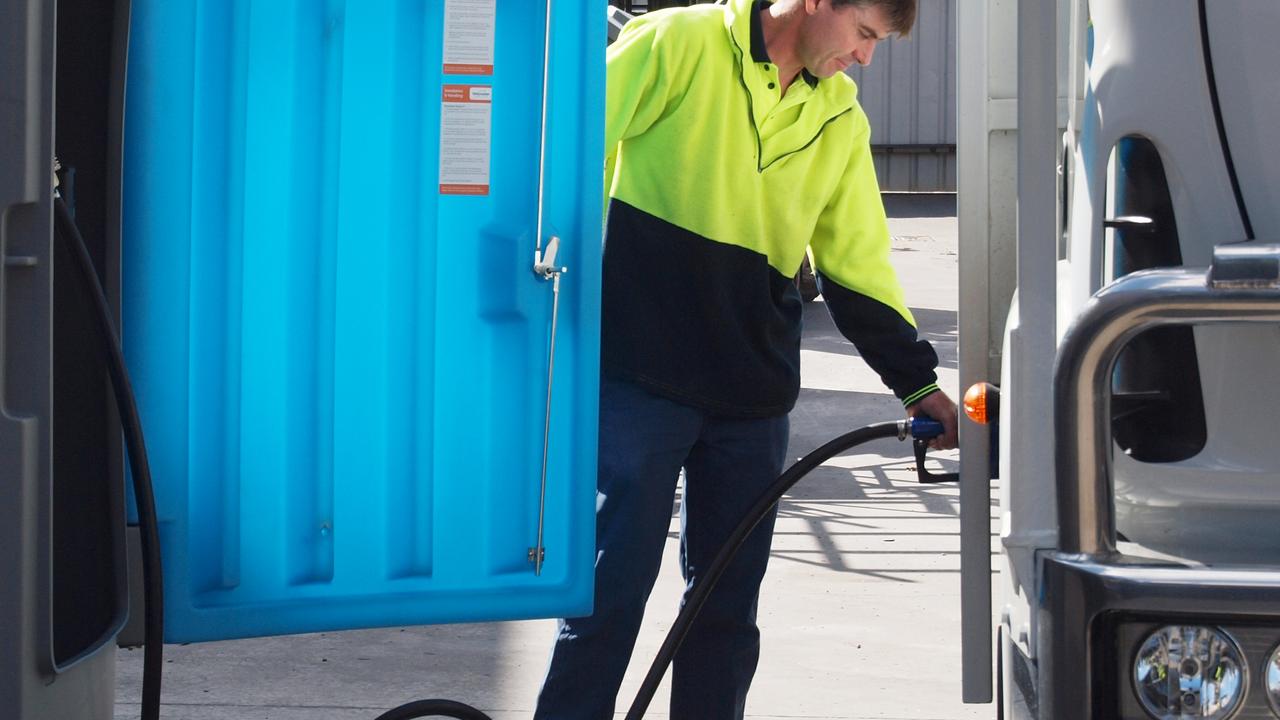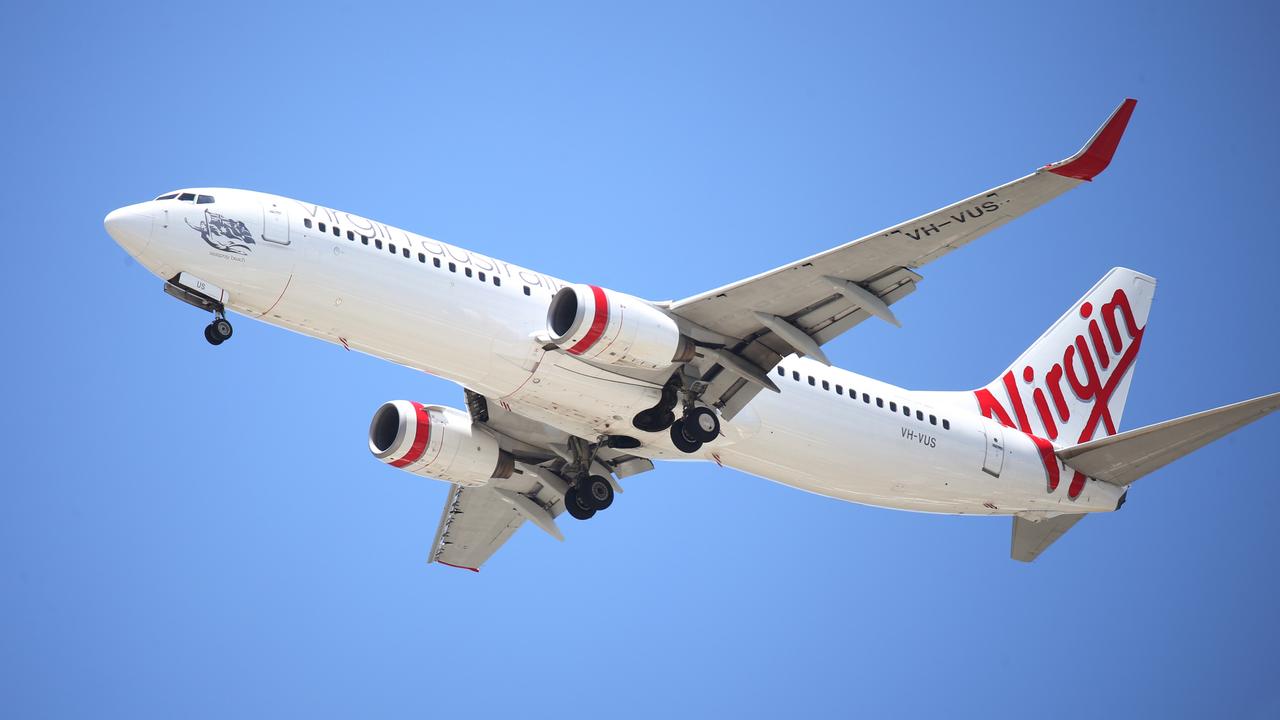AdBlue crisis narrowly avoided with stocks from local manufacturer revealed
Australia’s current situation amid a looming crisis that threatened to pull Aussie diesel vehicles off the road has been revealed.

A shortage of a critical product that threatened to pull trucks off Australian roads has been narrowly avoided.
Last month, the world, including Australia, was facing a serious shortage of urea, a key ingredient found in AdBlue, which is injected into the exhaust systems of modern diesel vehicles to reduce emissions.
Without AdBlue, Aussie truckies warned they might not be unable to transport essential items such as fresh food to supermarkets.
Chaos ensued as low stocks led to prices surging and limits being put on how much customers could buy.
Industry, Energy and Emissions Reduction Minister Angus Taylor, who is overseeing the issue, announced on December 20 that the government had struck a deal with local fertiliser manufacturer Incitec Pivot to expand AdBlue production at its Gibson Island plant in Brisbane.
At the time, questions remained over how much and when the business would be able to produce the stocks.
It can now be revealed Incitec has scaled up its production to eight times what it was four weeks ago.
For the week ending January 23, Incitec produced more than three million litres of AdBlue, which is about 75 per cent of normal national demand, according to the government.
The supply will go to domestic supply chain to wholesalers and service stations across the country.

Road Freight NSW chief executive Simon O’Hara told news.com.au there were still pockets of individuals and companies unable to access AdBlue but the issue wasn’t as widespread as it was last month. But high prices remain an ongoing issue.
“We know that the price of AdBlue has continued to increase and remains at record high levels,” Mr O’Hara said, adding that he hopes the increased production by Incitec leads to more “sustainable” prices.
He supported the government’s actions to fix the issue but warned “we’re not out of the woods quite yet”.
Mr Taylor said Australia had managed to largely overcome many localised stock-outs at priority sites across the country, but said customers may continue to see a few sites occasionally stocked-out.
He said these sites were being progressively replenished with the new AdBlue supply coming into the market.
“I thank Incitec Pivot for stepping up as we work together to keep our trucks fuelled and Australian diesel motorists on the road,” Mr Taylor said.
“To ensure stocks can be replenished across the country, I continue to encourage industry to purchase stocks only when needed and at normal levels.”
Mr Taylor has also written to the Australian Competition and Consumer Commission to investigate price gouging.

Incitec managing director and chief executive Jeanne Johns said the business had been “working with wholesalers on demand forecasts to support ongoing distribution of the increased volumes of AdBlue through their network”.
She said when Australia’s AdBlue supply shortage is less critical, Incitec plans to undertake a manufacturing assessment to produce technical grade urea – a granulated (non-liquid) form of urea that can be supplied to Australian AdBlue blenders to manufacture liquid AdBlue. The aim is to begin in mid-February.
If the manufacturing assessment is successful, Incitec would produce technical grade urea, in
addition to manufacturing AdBlue.
But there’s still uncertainty circling within the transport industry given Incitec had plans to stop its manufacturing operations at the Brisbane plant by the end of the year.
“What happens after December after Incitec Pivot closes? When it decides to shut up shop?” Mr O’Hara said.
About 5000 tonnes of technical grade urea from Indonesia is expected to be distributed to Australian manufacturers from February.





